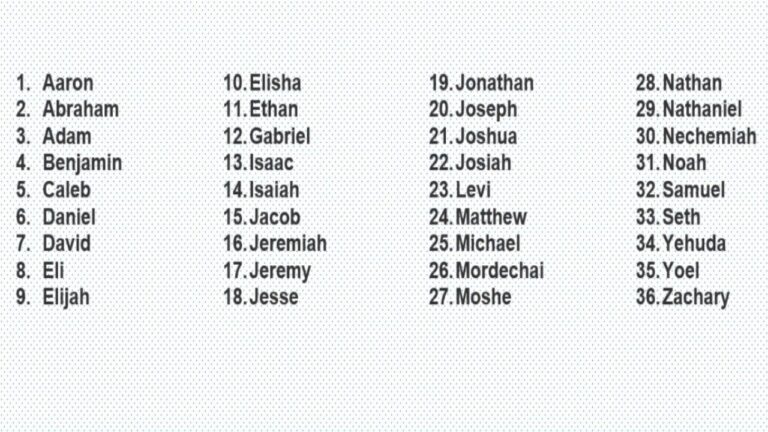Devar Torah for Parshas Ki Seitzei 5781
A Never Ending Battle
We discussed battling alcoholism last week. We will continue battling this week, in Parshas Ki Seitzei.
The parsha begins with a discussion of going out to war:
If you go out to war against your enemy… And you see in the captivity a woman…
The simple meaning of the verse is that the Jews are battling their enemies, and as often happens in war, the male soldiers fall in love with the pretty gentile ladies whose husbands were killed in battle. Interestingly, the Torah then goes on to describe a procedure for these Jewish soldiers to take these gentile women as their wives.
Let’s look again at this verse. It says that the war is against “your enemy”. Is there any other type of war?
Yes. One could have a war for profit. Countries have done this throughout history: They see another country nearby with lots of resources (oil, coal, diamonds, water, etc.) and they attack in order capture the land and increase their wealth. In such a war, the battle is not between enemies. That means if the attacking country gets tired of the battle, they can just walk away.
That’s not the case with a battle against your enemies. For example, look at the State of Israel: If they get tired in battle against their Arab enemies, then the enemies will utterly destroy the State!
Rabbi Yisroel Brog brings this message home to each of us, for each of us is in constant battle with a certain enemy. In Hebrew, the enemy is called the “Yetzer Hara”, which might be described as the “evil inclination” – an external force that constantly challenges us to go against our real desires.
In any battle against your enemy, you must first try to identify how the enemy will attack you. So too here. Will your “Yetzer Hara” try to keep you in bed in the morning? Or perhaps you’ll get up, but the Yetzer Hara will cause you to futz around the house until you leave late and arrive late. Or maybe you’ll make it through the day, and then the Yetzer Hara will keep you up at night, wasting time on the computer – and when you go to bed very late at night you’ll be a goner the next day!
After identifying the enemy, you must make a plan of action. Get an alarm clock (or a better one) to get up on time. Figure out why you are delayed and come up with a corrective plan (e.g. if a boy in a dormitory gets delayed all the time because the other students are using the showers, perhaps he can alter his day and get to the showers 5 or 10 minutes earlier to avoid the rush).
With this particular battle, losing it could cost YEARS from your life – not that your life will be shortened, but the amount of time lost or wasted will add up to this astronomical sum.
In an online class this week, Rabbi Fischel Schachter quoted the President of the USA from a few days before the fall of Kabul, who said that the Afghan army had 300,000 troops, nearly 200 Blackhawk helicopters, and other amazing supplies, while the Taliban army was only 70,000 troops with almost no high-tech supplies. So, there was no way the Taliban could win.
But we see how that ended, which goes to show that when fighting a battle, it isn’t necessarily the numbers that win the battle. The winner is who has a stronger will.
So too here. We’ve picked an easy topic of battling TIME. But the Yetzer Hara is hard to beat even for this simple task. For example, I started writing this Torah Thought on MONDAY of this week, and I struggled the entire week to try to assemble my thoughts and put them into writing. But I allowed myself to be distracted again and again.
And again.
And now it is just an hour or so before the onset of the Holy Sabbath Day, and I will end my thoughts here.
Wishing you all a great Shabbos, and success in identifying where we all need to fight, and then further success in fighting your battles!
Based on a class by Rabbi Yisroel Brog called “Parashat Ki Tetzei – If you aren’t fighting, you are LOSING!” given August 14, 2021 on www.torahanytime.com







